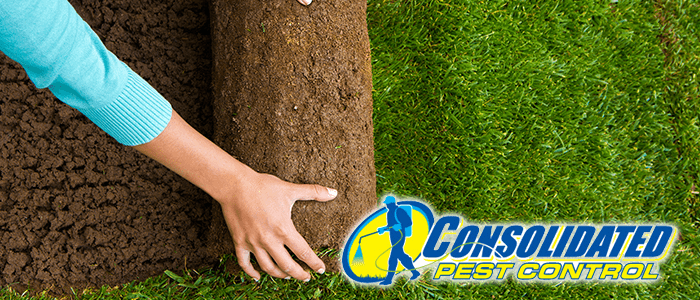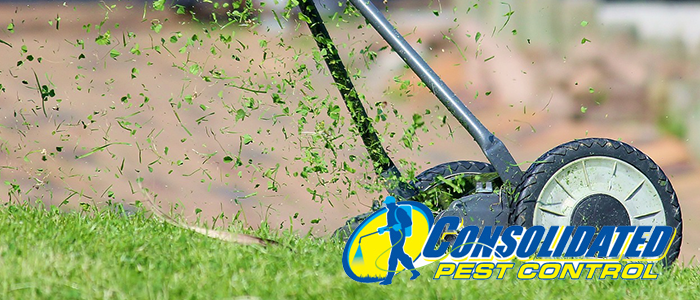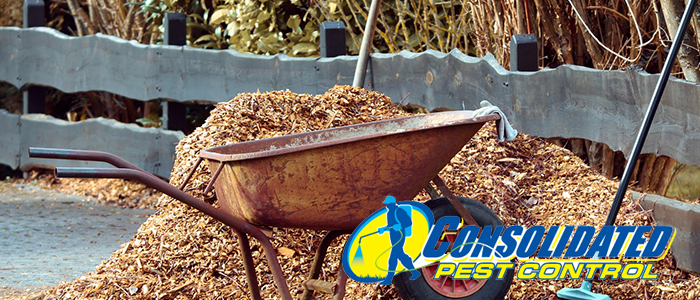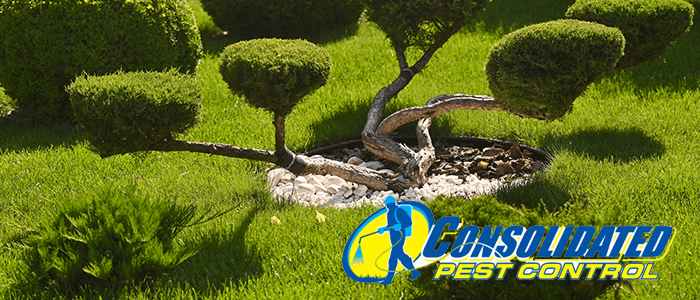
The Hidden Dangers of Over-Fertilizing Your Lawn: Tips from Consolidated Pest Control in Plant City, FL
Keeping your lawn lush and tidy is a point of pride for many homeowners. A healthy lawn contributes to a beautiful curb appeal and offers a space for relaxing with friends and family. However, achieving such a lawn often involves fertilization. And, over time, it is easy to get carried away with over-fertilizing for better results. In fact, some homeowners believe that too much fertilizer can only have positive effects on their lawns.
But, in reality, over-fertilizing your lawn can put your property and health at risk. Consolidated Pest Control, a pest control and lawn fertilization company in Plant City, FL, warns homeowners of the serious dangers associated with over-fertilizing their lawns.
Section One: Understanding how lawn fertilizers work
Before discussing the dangers of over-fertilizing, it’s important to understand how lawn fertilizers work. Fertilizers are designed to provide essential nutrients to your lawn, such as nitrogen, phosphorus, and potassium. These elements help your lawn grow healthy and vibrant. When applied correctly, fertilizers can help your lawn maintain its green color, promote healthy root systems, and increase resistance to pests and disease. Improper use of fertilizers, however, can have negative impacts.
When you apply too much fertilizer, the excess nutrients can build up in the soil and cause a plethora of problems. Over-fertilized soil is highly concentrated with chemicals, which can lead to different types of pollution, including water pollution. Also, over-fertilized lawns can create unhealthy conditions for people and pets, and even harm the very plants you are trying to nourish.
Section Two: The effects of over-fertilizing your lawn
A common cause of lawn fertilizer overuse is the belief that more is better. However, over-fertilization can cause various issues to your lawn, including the following:
- Chemical Burn: Over-fertilization can cause chemical burn, which is similar to sunburn when we humans expose ourselves for too long to the sun. The grass blades become thin, brittle, and may even die, mostly in clusters.
- Low Soil Quality: Over-fertilization can result in poor soil quality. Too much nitrogen can lead to acidification of the soil, where the soil becomes more acidic than the grass can tolerate. Conversely, excess phosphorus can deplete the soil of necessary minerals. Low soil quality can lead to difficulty growing new grass, as well as pest outbreaks.
- Pesticide Resistance: Over-fertilization can also cause plants to develop resistance to pesticides. When there is an overabundance of nutrients in the soil, pests are more likely to survive, adapt to the conditions, and, eventually, develop resistance to pesticides.
- Water pollution: Over-fertilized soil can cause water pollution, affecting local ecosystems, and harming wildlife. The excess nitrogen and phosphorous can leach into groundwater and, subsequently, river systems, leading to an overgrowth of algae and decreased oxygen levels.
Section Three: Optimal fertilization
To maintain a healthy lawn, it’s important that you fertilize your grass correctly. First, you need to identify the type of grass and the growing conditions. Also, the nutrients that your soil may lack can vary from region to region. Consulting with a professional from Consolidated Pest Control can help you determine the optimal fertilization period, the type of fertilizer, and the amount that is best for your lawn.
Equally important is the timing of fertilizer application. Aeration and dethatching can make your fertilizer more effective, as they allow the grass roots to absorb the nutrients better. Consolidated Pest Control recommends caution with fertilizer applications during the hot months, as this can lead to quick evaporation of the nutrients which then only rest on top of the soil.
Section Four: Signs that your lawn is over-fertilized
Knowing the signs of over-fertilization of your lawn can help you take corrective measures before it’s too late. The signs vary, depending on the specific conditions of your lawn. Nonetheless, some signs of over-fertilization may include:
- Burnt or Patchy Grass: Over-fertilizing can cause the grass to die off in some areas, creating patches or burnt appearances.
- Stunted growth: If your lawn looks like it is it’s not growing, this could be an indication of over-fertilizing. The excess nutrients can cause the roots to become stunted, and this, in turn, hinders grass growth.
- Increased weeds: When you over-fertilize, a lot of bare areas may be created, providing the perfect opportunity for weeds to take root.
Section Five: How to fix an over-fertilized lawn
If you discover that your lawn has been over-fertilized, don’t panic. The best thing you could do is provide adequate water to your lawn. The water will flush out excess chemicals, and due to dilution, it can reduce the concentration of the chemicals in the soil.
Moreover, if the soil is very acidic, the application of dolomitic lime can help restore the soil pH to optimal conditions. Lastly, reseeding or re-sodding could also effectively restore your lawn’s health.
Section Six: Consistent Lawn care
Consistent lawn care can ensure that your lawn stays healthy, preventing the need for over-fertilization. Cutting your grass to the right height, watering it correctly, and providing proper pest control can help your lawn remain healthy.
It’s important to give your lawn enough water without drowning it, prevent weeds from taking root, and promote the growth of the grass with the right nutrients.
Section Seven: Benefits of hiring Consolidated Pest Control for lawn fertilization
Hiring a professional service, such as Consolidated Pest Control, can save you time, money, and stress. By engaging a professional, you can avoid over-fertilization, saving you the cost of buying unnecessary fertilizer. Consolidated Pest Control can also identify the soil type and growing conditions, determining the right blend of fertilizer for optimal growth.
Our experts know the best way to apply lawn fertilizers, minimizing the risk of lawn damage.
Section Eight: Conclusion for Over-FErtilizing
Over-fertilizing your lawn may seem harmless, but avoiding this common mistake is crucial to a healthy lawn. Utilizing Consolidated Pest Control services for lawn fertilization can ensure that you avoid this mistake, and minimize downtime and costs associated with fixing over-fertilized lawns.
Always hiring a professional, coupled with consistent watering and care, will ensure that your lawn remains vibrant and healthy.








